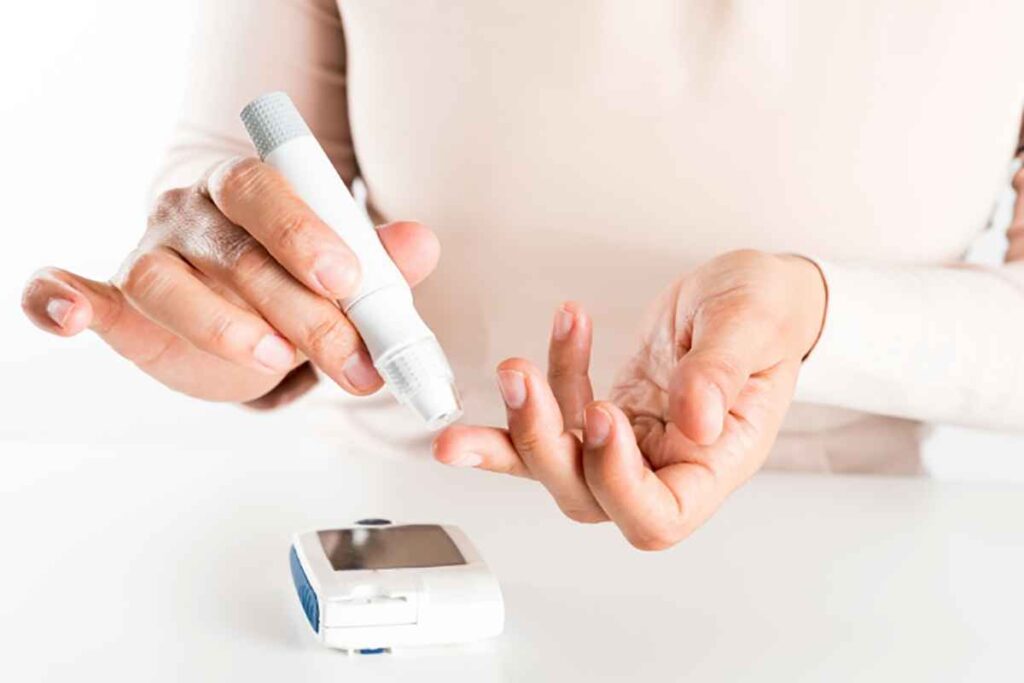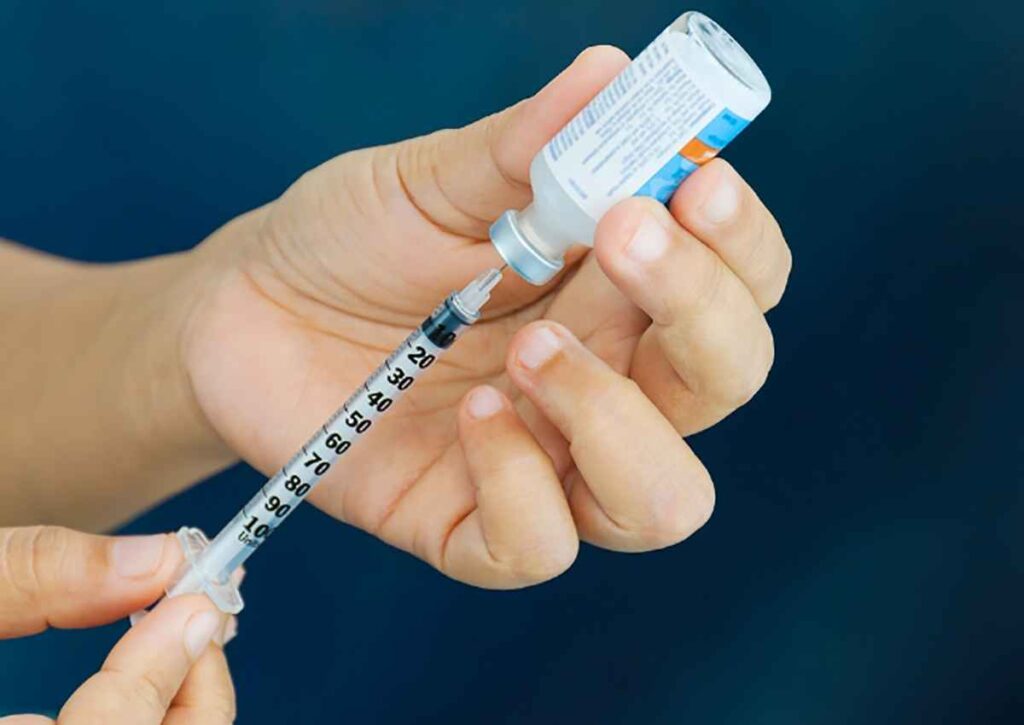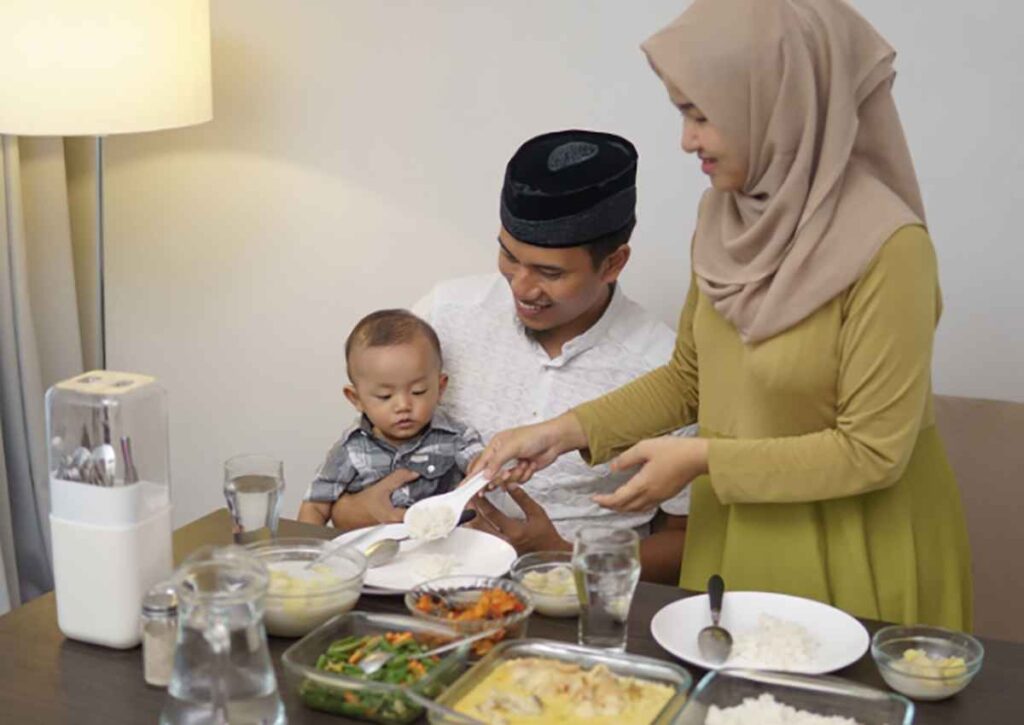It should come as no surprise to anyone with diabetes that certain seasons of the year are more difficult than others.
On the other hand, those who observe Ramadan and have diabetes may encounter some significant challenges. In 2024, Ramadan begins on Tuesday, March 12 and lasts for 29 to 30 days.
It might be very difficult to manage your diabetes during Ramadan, and it can be difficult to follow the way perfectly when you have diabetes.
However, it would also be crucial for those with diabetes to know how to reduce the risks if they choose to observe Ramadan.
For the majority of regular observers, the difficulties that Ramadan presents can make the procedure somewhat difficult to complete.
However, Ramadan becomes considerably more difficult for those who have diabetes because of the health dangers associated with not taking the condition seriously.
Here are some helpful tips to help you better manage your diabetes throughout Ramadan if you’d like to try to simplify this complicated procedure.
Is Fasting During Ramadan Required for Diabetics?

Therefore, if you have diabetes, the first question concerns fasting throughout Ramadan. This subject has previously been extensively discussed, notably by Diabetes.org.uk.
As they point out, observing a complete fast from sunrise to sunset is a requirement of the month of Ramadan. Ramadan does, however, provide accommodations for people with certain medical issues; might this include diabetes?
Usually, this is an individual choice. Even those with minor forms of the disease or those who believe they have complete control over their diabetes may still choose to take on the challenge. However, people with more severe forms of diabetes should think about the risks associated with fasting.
Consulting your physician is the recommended course of action. Find out what people think about your faith and your condition. They may discover that you can still fast and feel well since your diabetes is under control.
However, it would be prudent for individuals who get this counsel to seriously consider not fasting. For diabetics, going without food can be frightening and worsen their condition.
It’s crucial to take a medical professional’s advice into consideration if they suggest you not fast throughout Ramadan.
The Qur’an makes it clear that there are exceptions to the rule, so you are not failing to uphold your faith or disappointing anyone. Ramadan fasting is not a one-size-fits-all practice.
Read Also: Which Medicine Is Better, Ozempic or Metformin?
Do You Have Diabetes and Want to Fast During Ramadan?
If you do choose to move quickly and aggressively, you should make every effort to be ready for the obstacle you will encounter. Initially and foremost, you want to devise a well-defined strategy that guarantees the completion of the following tasks:
Measure Your Blood Sugar Frequently

Checking your blood sugar will be one of the first significant adjustments you make to your diabetic treatment during the Ramadan fast.
Although you will perform these tests on a daily basis, it is imperative that you monitor your blood sugar levels more frequently during Ramadan.
Ensure that your medical team provides you with enough test strips so you can check your blood sugar more frequently.
You are unable to keep up your fast for that day if your blood sugar levels are too high or too low. You should break your fast as soon as your blood sugar levels start to fluctuate dangerously, but you are free to try fasting as often as you can.
Get Your Diabetes Medications Reviewed

The majority of patients will be taking diabetes medications in addition to their insulin injections. Given this, you should make sure your healthcare team reviews the diabetic pills you take.
This is significant because they may need to alter the kind of medications you take or your dosage for Ramadan.
In order to compensate for your fast, they can also make a schedule to make sure you take your diabetic medications on time. This may facilitate maintaining the fast throughout Ramadan.
Get Your Insulin Level Adjusted

The majority of diabetics who fast throughout Ramadan will require adjustments to their insulin dosage. You will probably need less insulin before you start your fast than you are accustomed to taking.
But at this important time of year, you may also need to switch to a new type of insulin. For instance, pre-mixed insulin is not advised for those who are fasting, particularly during the month of Ramadan.
Modifying Your Diet for Suhoor
To ensure that you can celebrate Ramadan properly and without endangering your health, the meal you will have before dawn is crucial. Instead of skipping this meal, try to eat something that will enter your body gradually.
A highly absorbent, slow-releasing meal could be anything like brown rice or a high-fiber meal with plenty of bites.

Additionally, you might want to include some additional protein, which can be found in beans or chickpeas. To prevent dehydration from becoming a problem during the day, make sure you boost your water consumption as well. Drink as much sugar-free and decaffeinated fluids as you can.
Modify the Way You Eat during Iftar
When it’s time to break your fast, you should try to choose something that will provide you the ideal ratio of fibre to carbohydrates.
The most popular option for breaking your fast is a date, but you should only have one rather than two enormous ones. Most people eat two large dates, but diabetics would be better off taking one along with a glass of water.

Try to limit the amount of sugar in your diet by avoiding fruit juices and soft drinks as much as possible. When feasible, stick to sipping water from glasses. Seek for something like to an unsweetened milk drink if you’re looking for a beverage other than water.
While it may seem monotonous to limit your diet to something like a modest portion of dates during Ramadan, you should take your health very seriously. Steer clear of fried and oily foods whenever possible.
Making the Appropriate Choice
Keep in mind that controlling your diabetes throughout Ramadan is a task that exacerbates an already challenging situation. Therefore, you should give careful thought to whether or not fasting is appropriate for you.
If you choose to fast, bear in mind the principles and suggestions mentioned above. Even if you choose not to fast, there are still other ways you can give back during Ramadan.
For instance, you may devote more of your time and efforts to religious and humanitarian initiatives in your community.
You may give the less fortunate portion of your food. As a diabetic, there are numerous ways to celebrate Ramadan without fasting. You don’t have to fast in order to observe this important aspect of your culture.
When Eid al-Fitr approaches and Ramadan draws to a finish, you will have plenty of opportunities to indulge in decadent meals. So, maintain your self-control, monitor your blood sugar, and take your medication as prescribed.
If you keep these points in mind, you should discover that having diabetes throughout Ramadan is not as big of a problem as it used to be.


Be the first to comment on "Guidelines for Diabetes During Ramadan That Simplify the Process"